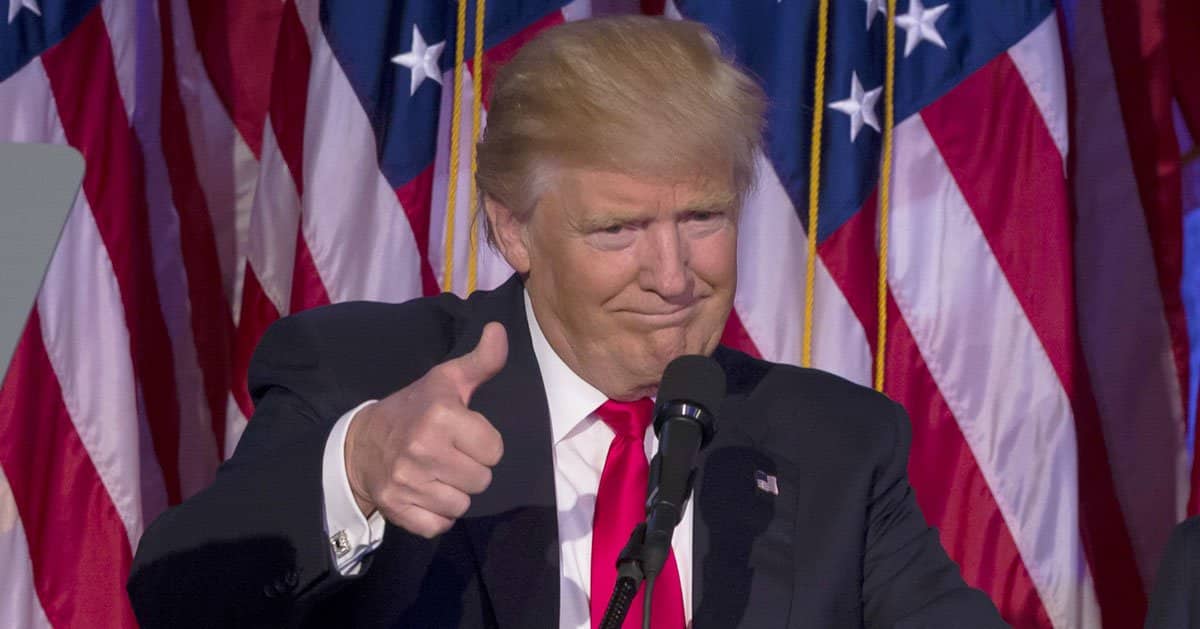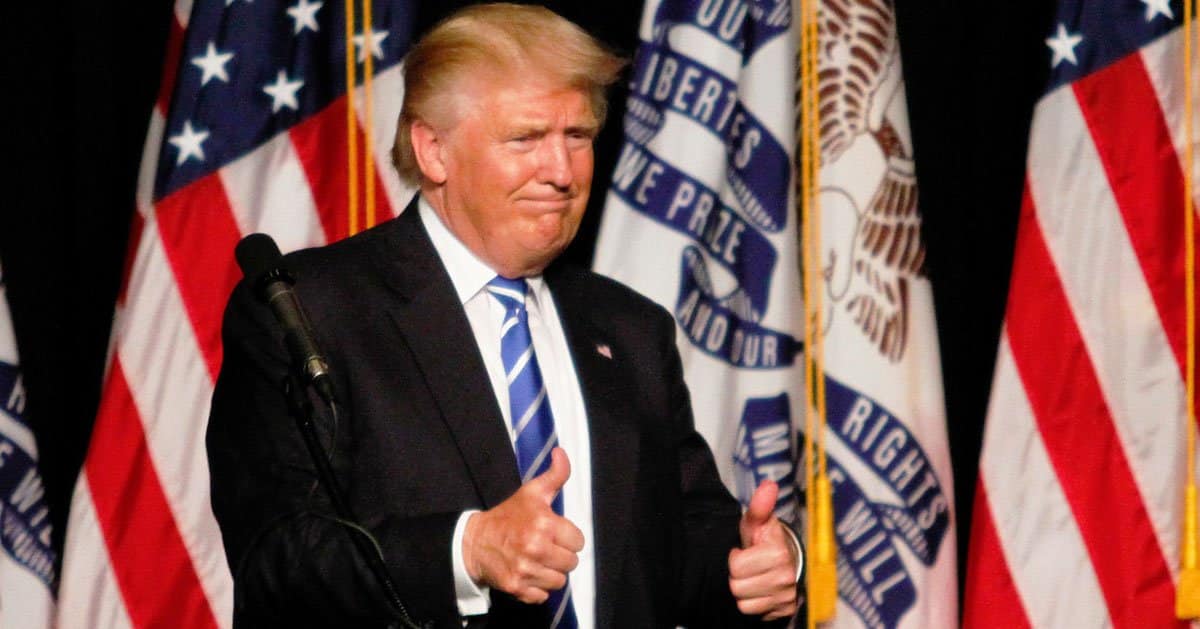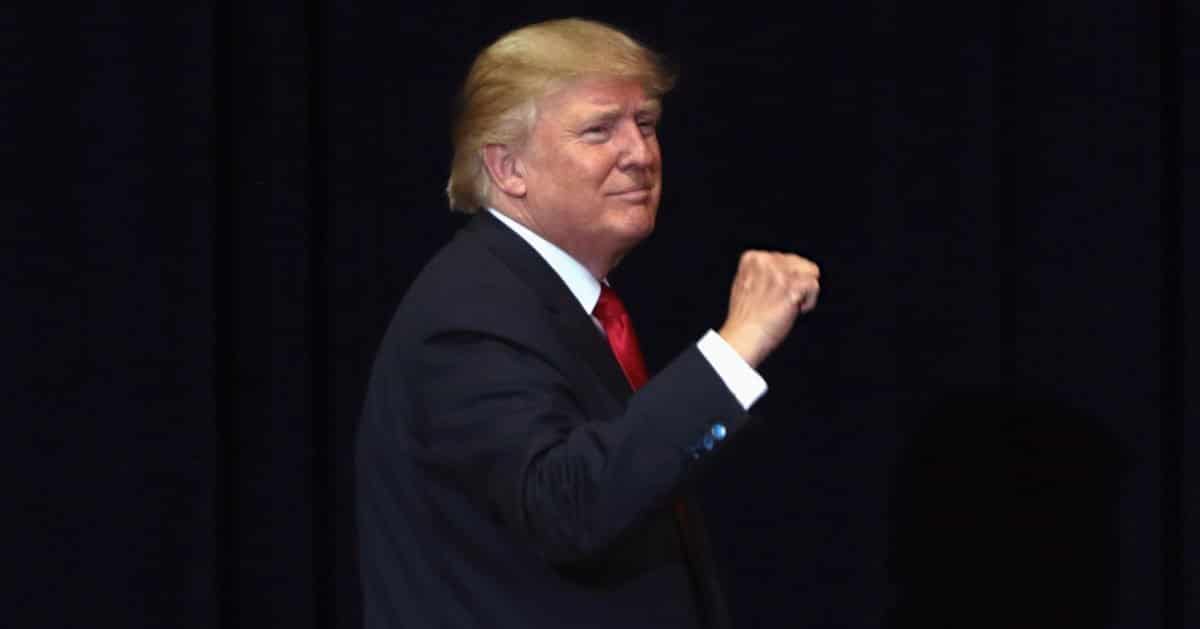








Ismael “El Mayo” Zambada, the Sinaloa Cartel’s top dog, just admitted guilt in a Brooklyn courtroom, and the ripples could shake Mexico’s political elite.
Breitbart reported that he pleaded guilty to heavy-hitting federal drug charges, including racketeering and conspiracy, before U.S. District Judge Brian Cogan. This isn’t just another narco bust—it’s a bombshell with potential to expose cozy ties between cartels and Mexico’s power brokers.
Zambada’s guilty plea, entered during a change-of-plea hearing, marks a pivotal moment in the fight against global drug trafficking. He faces a mandatory life sentence for leading the Sinaloa Cartel, once the world’s most powerful drug empire alongside Joaquin “El Chapo” Guzman.
Federal prosecutors, in a rare move, confirmed they won’t pursue the death penalty, signaling a possible deal for Zambada’s cooperation.
The saga began in the summer of 2024 when Zambada’s allies-turned-enemies, the Chapitos—sons of El Chapo—lured him into a trap.
They arranged a meeting, only to betray him, capturing Zambada and flying him to Texas, where U.S. authorities were waiting. It’s a classic case of loyalty in the drug game being as fleeting as a politician’s promise.
The Chapitos’ double-cross didn’t just land Zambada in cuffs; it ignited a bloody turf war in western Mexico. Zambada’s family, furious at the betrayal, is now locked in a violent struggle with the Chapitos for control of the Sinaloa Cartel’s empire. The body count is rising, and ordinary Mexicans are caught in the crossfire of this narco-family feud.
Zambada’s arrest and plea have peeled back the curtain on the Sinaloa Cartel’s deep ties to Mexico’s political class. For years, whispers have circulated about the cartel’s influence over the country’s elite, with accusations flying that politicians turn a blind eye to their crimes. It’s no secret that power and money flow together like tequila and lime in Mexico’s corridors of power.
Political rivals have pointed fingers at former Mexican President Andres Manuel Lopez Obrador, accusing him and his MORENA party of shielding cartels.
In 2020, Lopez Obrador raised eyebrows by visiting Sinaloa and meeting El Chapo’s mother while the kingpin was already in U.S. custody. The optics were terrible—cozying up to a cartel matriarch while claiming to fight crime doesn’t exactly scream integrity.
Zambada’s guilty plea could be a ticking time bomb for Mexico’s political establishment. His expected cooperation with U.S. authorities might spill secrets about which politicians have been in the cartel’s pocket. If he starts naming names, the fallout could make Mexico’s elite squirm like they’re sitting on a cactus.
The Sinaloa Cartel’s dominance, built by Zambada and El Chapo, relied on a web of corruption that stretched far beyond the drug trade.
From local cops to high-ranking officials, the cartel’s influence has long been an open secret. Zambada’s plea deal might finally drag those shadows into the light, assuming he doesn’t clam up first.
The betrayal by the Chapitos shows the cartel world’s brutal pragmatism—honor among thieves is a myth. They handed Zambada over to the U.S., likely hoping to seize full control of the cartel’s operations. Instead, they’ve sparked chaos, proving that greed and power always eat their own.
Zambada’s mandatory life sentence ensures he’ll never taste freedom again, but the real question is what he’ll give up for a cushier cell.
Prosecutors dropping the death penalty suggests they’re banking on his intel to dismantle the cartel’s network. It’s a trade-off that might save lives—or just fuel more violence as the cartel scrambles to regroup.
Mexico’s political elite must be sweating bullets, knowing Zambada could expose their dirty laundry. Accusations against Lopez Obrador and MORENA aren’t new, but hard evidence from a kingpin like Zambada could be a game-changer. The conservative instinct to distrust entrenched power feels vindicated when cartel money taints politics.
The turf war raging in western Mexico is a grim reminder of what happens when lawlessness festers. Ordinary citizens, not the cartel bosses or their political allies, pay the price in blood. It’s a tragedy that underscores the need for strong borders and tougher policies to choke off the drug trade’s lifeblood.
Zambada’s plea is a win for U.S. law enforcement, but it’s no time to pop champagne. The Sinaloa Cartel’s tentacles reach deep, and cutting off one head doesn’t kill the beast. If anything, the violence in Mexico shows the fight is far from over.
Conservatives have long warned about the dangers of weak governance and porous borders, enabling cartels to thrive.
Zambada’s case proves that point—decades of corruption have let monsters like him flourish. It’s a call to action for leaders who prioritize sovereignty over photo-ops with cartel kin.



